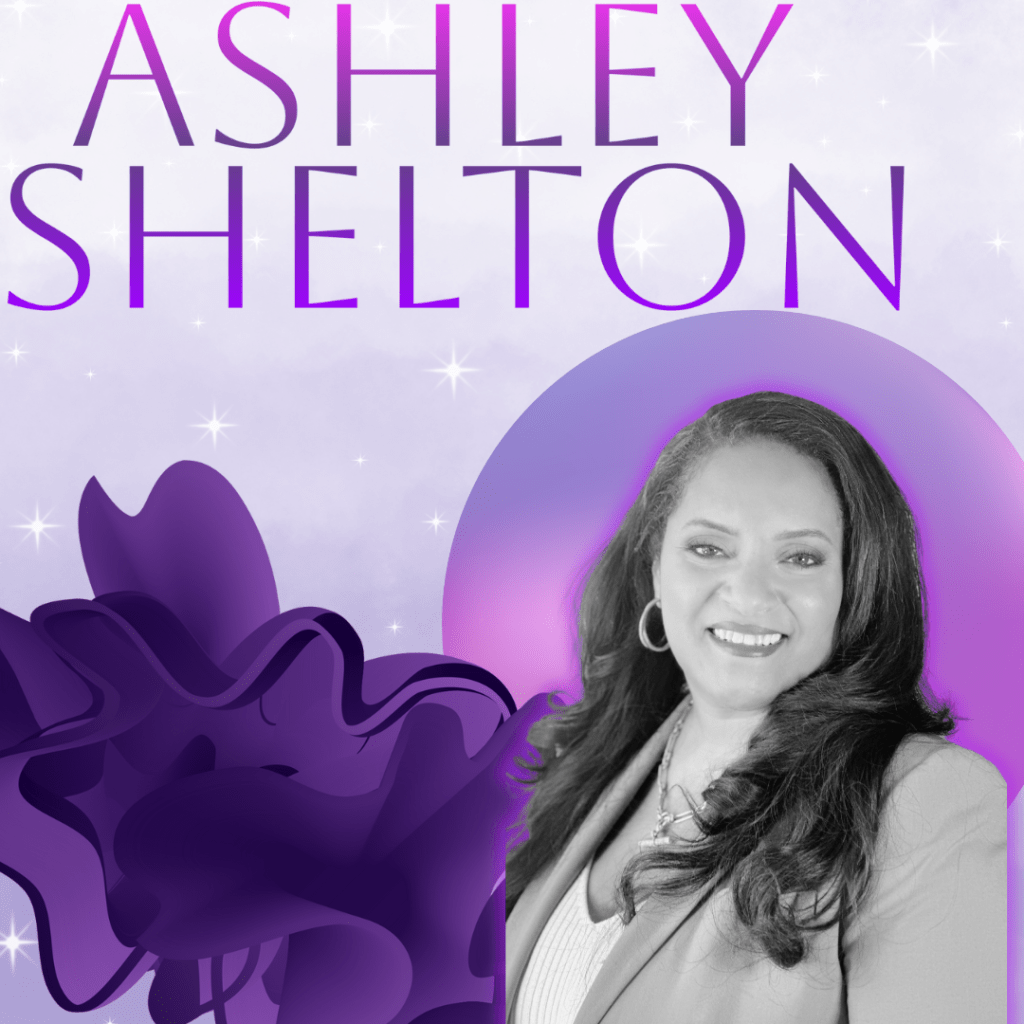
This month, we are shining a light on Ashley Shelton, the Founder, President & CEO of the Power Coalition, a statewide 501c3 table in Louisiana. The Power Coalition uses a broad-based strategy that combines community organizing, issue advocacy, and civic action, all while increasing the capacity of community organizations throughout the state to sustain and hold the work. Prior to founding the Power Coalition, Ashley was the Vice President of Programs at the Louisiana Disaster Recovery Foundation (LDRF), now known as the Foundation for Louisiana.
FFL: As the Power Coalition’s founder, President, and CEO, what inspired you to start this organization, and how do you see its role in shaping social and political change within Louisiana?
Ashley Shelton: Following Hurricanes Katrina, Rita, Gustav, and Ike, it became very clear that even though we were moving considerable dollars in response to impacted people. Those dollars were being dwarfed by billions in federal dollars that were not making it to the ground and were being used by disaster capitalists while communities suffered. It was clear that we needed people-power to apply the pressure necessary to get more of those dollars to the ground and into the hands of those who lost everything. Power Coalition was created to build pathways to power for Black and Brown people in Louisiana, and we have been doing just that!
FFL: The Power Coalition has been recognized for its civic engagement and empowerment efforts. Can you share some of the strategies or initiatives you've implemented that you believe have had the most significant impact on communities in Louisiana?
AS: Power Coalition is anchored by base-building groups who have deep content knowledge on every issue facing Black and Brown communities. Power Coalition and its anchor partners are committed to problem-solving at the intersection of these issues, policy solutions, and power building that centers the voices of directly impacted people. Our strategies include a coordinated policy agenda, integrated civic engagement to both engage community during elections and, hold elected officials at all levels of government accountable and ensure that Black and Brown communities walk in the voice and power.
FFL: Facing the complex landscape of social justice and political advocacy, what are some of the challenges you've encountered in mobilizing and sustaining community engagement, and how have you addressed these challenges?
AS: I am so proud of the work we have been able to do with our partners, including expanding voting rights for the last five years, realizing real power through litigation on the Congressional and State redistricting maps, and supporting VOTE in ending non-unanimous juries and re-enfranchising formerly incarcerated people to name some of the most powerful wins. We accomplished all of that with people power --what no one talks about is prior to our focused efforts engaging and talking to Black voters, no one was engaging them at scale. Our work has proved that African Americans and other voters of color are ready to engage and fight for change. One challenge that remains is the ongoing, long-term nature of the fight for equity and justice. We are witnessing the dying breaths of the Southern Strategy, and we must fight to its end so that we can protect our democracy and realize the fullness of what democracy means for ourselves and our children.
FFL: Looking ahead, what are your aspirations for the Power Coalition in terms of growth and impact, and how do you plan to evolve the organization's strategies to meet the future needs of the communities you serve?
AS: Redistricting has given us an opportunity for greater representation at the congressional and state levels. We are committed to investing in and building a bench of leaders ready to represent and serve their communities. We need to increase voter registration, education, and participation by supporting voters in seeing how their vote is their voice and their power. Voting is truly a social determinant of health, and we seek to register more than 100,000 unregistered Black and Brown voters statewide by placing 10 community organizers across the state year-round to support community engagement. We are also seeking to continue to regrant dollars across the state to continue to build the connective tissue to strengthen statewide infrastructure by investing in small community-based nonprofits, churches and community leaders who are leading important local initiatives.
FFL: Reading?
AS:
Parable of the Sower, Octavia E. Butler
Carry On, John Lewis
How the Word is Passed, Clint Smith
FFL: Listening to?
AS:
This is Lurie Daniels Favor
1619 Project
Oprah’s Super Soul Conversations
For more content like this, sign up for FFL's monthly newsletter.